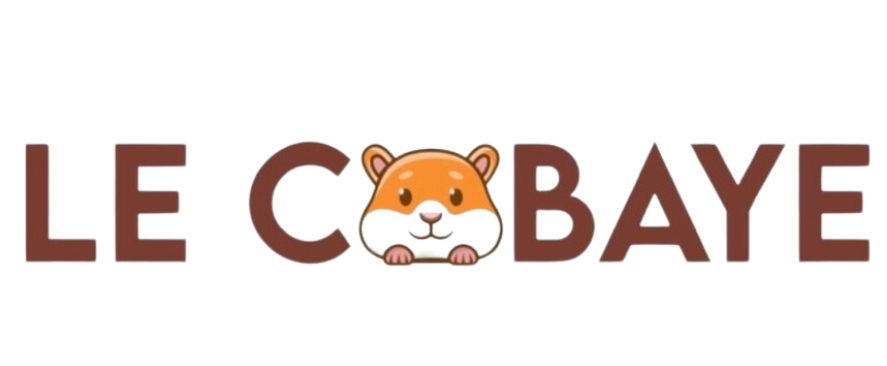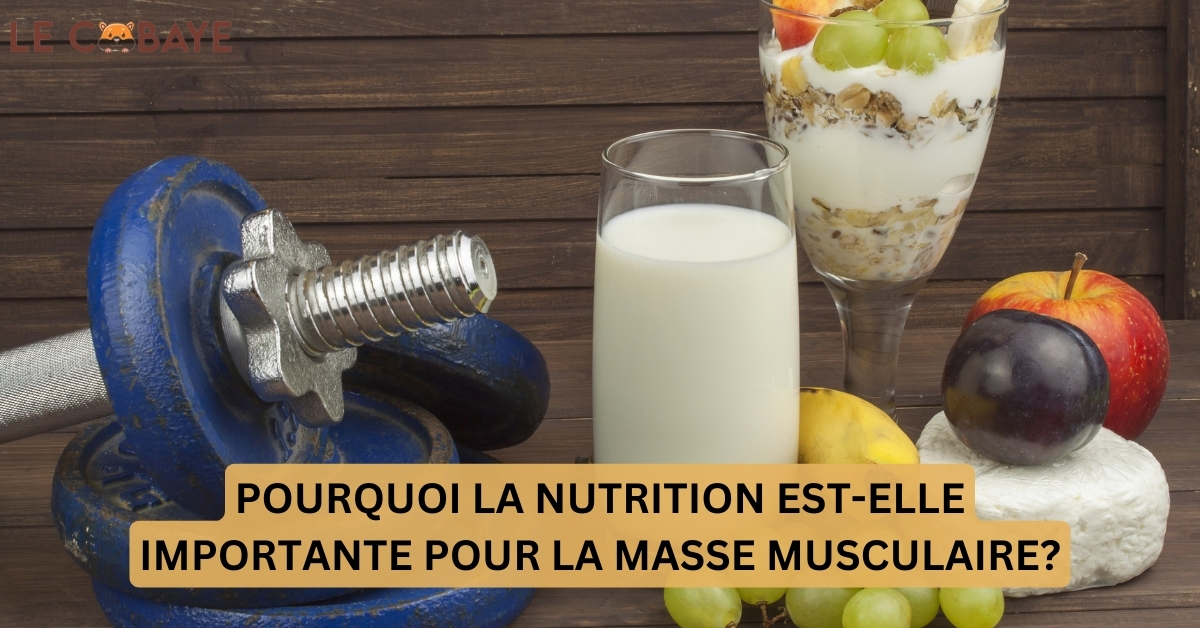WHY IS NUTRITION IMPORTANT FOR MUSCLE MASS?
Strength training is much more than just a series of exercises and weight lifts; it's a symphony of nutrition, rest, and training.
For those looking to maximize their muscle growth potential, understanding the intricacies of sports nutrition is essential.
This article will guide you through the fundamentals of bodybuilding nutrition, helping you build a stronger, more muscular body.
WHY IS NUTRITION IMPORTANT FOR MUSCLE MASS?
Let's explore the answer:
- THE IMPORTANCE OF PROTEINS
Proteins are the building blocks of your muscles. They play a crucial role in the repair and growth of muscle fibers damaged during training.
Adequate protein consumption is therefore essential.
Aim for 1.6 to 2.2 grams of protein per kilogram of body weight per day, favoring varied sources like chicken, salmon, eggs, and legumes for a full spectrum of amino acids.
- DON’T UNDERESTIMATE CARBOHYDRATES
Carbohydrates are often misunderstood in the bodybuilding world, but they are essential for providing the energy needed for your workouts and for muscle recovery.
Complex carbohydrates, such as sweet potatoes, oats, and quinoa, provide a sustained energy release, while simple carbohydrates can be used around your workouts for rapid recovery.
- FATS: A KEY ELEMENT
Healthy fats should not be neglected. They play a vital role in hormone production, including anabolic hormones like testosterone, which are essential for muscle growth.
Incorporate sources of mono and polyunsaturated fats, such as avocados, nuts, and olive oil, into your daily diet.
- HYDRATION AND NUTRITION
Hydration is an often underestimated aspect of bodybuilding nutrition. Water is crucial for transporting nutrients into cells, digestion, and preventing muscle fatigue.
Make sure you drink enough throughout the day, especially before and after your workouts.
- MEAL TIMING
The timing of your meals can also influence your results. Eating protein and carbohydrates before and after training can improve performance, recovery, and muscle growth.
Consider a snack rich in protein and simple carbohydrates immediately after your workout to maximize muscle protein synthesis.
- FOOD SUPPLEMENTS
While getting your nutrients from a balanced diet is the priority, some supplements can be beneficial.
Creatine, for example, has been shown to be effective in improving performance and accelerating muscle growth. Consult a healthcare professional before adding supplements to your diet.
- THE ROLE OF MICRONUTRITION
In addition to macronutrients (proteins, carbohydrates, lipids), micronutrients (vitamins and minerals) play a crucial role in athletic performance and muscle recovery. For example :
- Vitamin D and Calcium are essential for bone health, which is crucial for supporting a strong framework for your muscles.
- Iron carries oxygen in your blood, essential for endurance and energy.
- Magnesium helps with muscle relaxation and may reduce the risk of cramps.
- IMPORTANCE OF FOOD DIVERSITY
Focusing only on macronutrients can lead to a diet that is monotonous and potentially deficient in certain micronutrients.
Enriching your diet with a variety of fruits, vegetables, whole grains, protein sources and healthy fats can help you get a full spectrum of essential nutrients.
- WEIGHT MANAGEMENT AND BODY COMPOSITION
Weight management is often an important aspect of bodybuilding, especially if your goal is to gain muscle while minimizing fat gain. This may involve changing your calorie intake:
- Volume Phase: Increase calories slightly to support muscle growth.
- Cutting phase: Reduce calories to help lose fat while trying to maintain muscle mass.
- LISTEN TO YOUR BODY
Every individual responds differently to various diets and workout plans. It's important to listen to your body and adjust your nutrition based on how you feel, your performance and your progress.
- CONSULTATION WITH PROFESSIONALS
Consider consulting with a sports dietitian or nutritionist to develop a personalized nutrition plan that takes into account your specific goals, metabolism, and any health conditions or dietary preferences.
Bodybuilding nutrition is a delicate balance of protein, carbohydrates, fats, hydration, and meal timing.
By taking a holistic approach and listening to your body's needs, you can optimize your diet to support your bodybuilding goals. Remember, consistency is key, both in your diet and in your workout routine.
With the right nutritional plan in place, you will be well on your way to meeting and exceeding your fitness goals.







